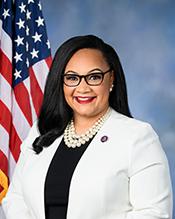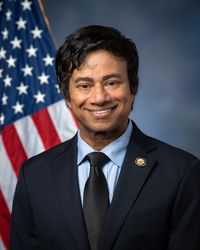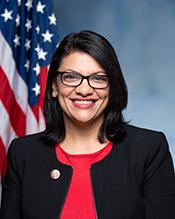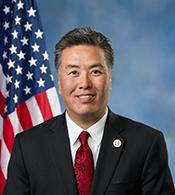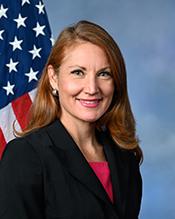0
Stop Corporate Capture Act
3/8/2024, 8:15 AM
Summary of Bill HR 1507
The Stop Corporate Capture Act includes several key provisions. Firstly, it aims to increase transparency and accountability in the relationship between corporations and government officials. This includes requiring corporations to disclose their lobbying activities and financial contributions to political campaigns. Additionally, the bill seeks to limit the revolving door between government and corporate positions, in order to prevent conflicts of interest.
Another important aspect of the Stop Corporate Capture Act is its focus on promoting competition and preventing monopolistic practices. The bill includes measures to strengthen antitrust laws and enforcement, in order to ensure a level playing field for businesses of all sizes. This is intended to prevent large corporations from stifling competition and innovation in the marketplace. Overall, the Stop Corporate Capture Act is designed to protect the interests of consumers, workers, and small businesses by curbing the influence of powerful corporations in the political process. It represents a bipartisan effort to address concerns about the growing power of corporate interests in shaping public policy, and to promote a more fair and equitable economic system.
Congressional Summary of HR 1507
Stop Corporate Capture Act
This bill modifies the process for federal agency rulemaking.
Specifically, it (1) requires interested parties who submit a study or research as part of a comment to a proposed rule to disclose the source of the funding for the study or research, (2) limits the use of the negotiated rulemaking process to government agencies, (3) provides statutory authority for the judicial principle that requires courts to defer to an agency's reasonable or permissible interpretation of a federal law when the law is silent or ambiguous (i.e., the Chevron doctrine), and (4) establishes an Office of the Public Advocate to support public participation in the rulemaking process.
Additionally, a public company that knowingly makes a false or misleading statement in a comment to a proposed rule is subject to a civil penalty of not less than $250,000 for a first violation and not less than $1 million for each subsequent violation.
Finally, the bill provides agencies with the authority to reissue a rule that has been rescinded under a joint resolution of disapproval pursuant to the Congressional Review Act. For one year, beginning on the date of enactment of this bill, an agency may reinstate such a rule by publishing it in the Federal Register. After the one-year period, an agency may reinstate a rule using notice-and-comment rulemaking procedures.

